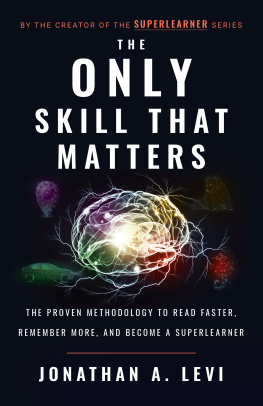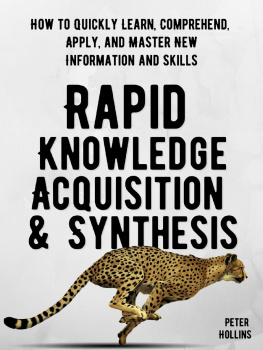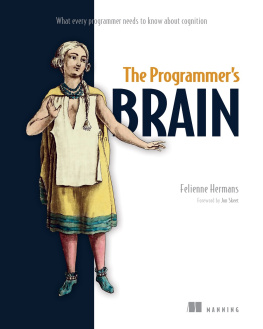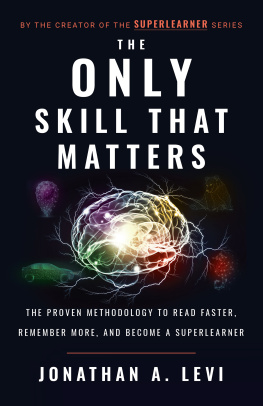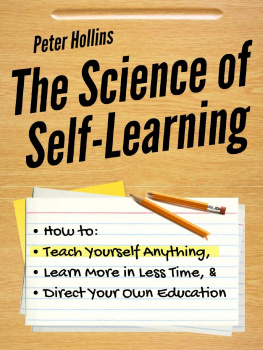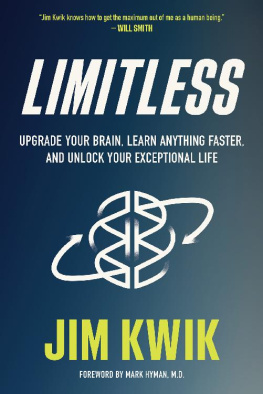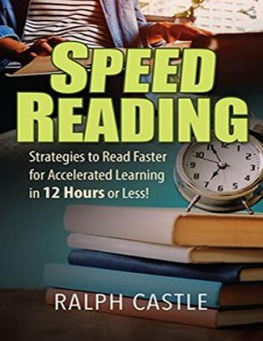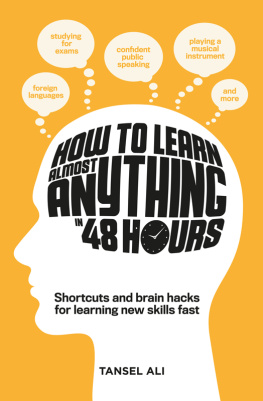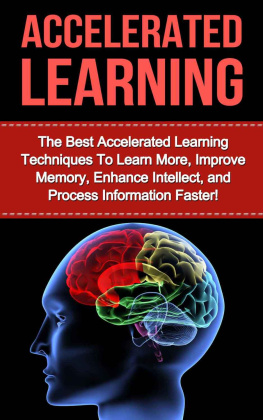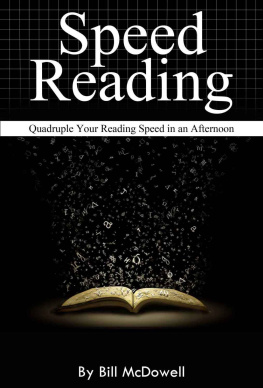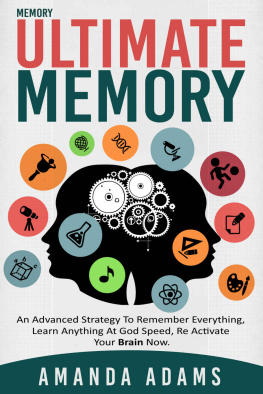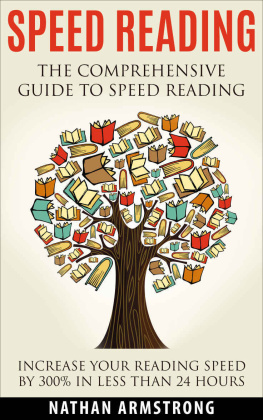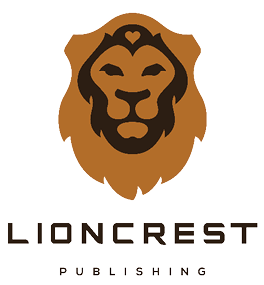Thank you so much for picking up a copy of this book. If you are passionate about improving your reading, memory, and learning, Id like to invite you to join our thriving community of over twenty thousand members. There, you can share your progress, learn from others, and stay up to date on the latest new content. To join, please visit http://jle.vi/bonus.
Introduction
Why are you trying to read that? the principal asked.
Silent sustained reading. Eighth grade.
Of all the students, in all the classes, this evil bastard had pulled up a chair behind me.
By now, I was used to interrogations anytime something went wrong on campus, and even to the occasional teacher reminding me of my very limited potential.
But this time, even I was surprised.
I looked up from my Java 2 textbookwhich I understood almost nothing ofand sheepishly replied, I want to learn how to program computers.
What followed took every ounce of the disdain that comes from decades of reprimanding problem children in a British boarding school.
He scoffed.
If youve picked up this book, chances are you know what it feels like to wish you could learn faster.
Youve spent the late hours studying, trying to keep up with your peers, your industry, or your passions.
Youve faced the exam you thought would kill you, struggled to transition between industries, or even missed that big promotion.
But even if you have kept up, no matter.
You no doubt can feel the pace of information and change constantly creeping up around you, slowly drowning you as you attempt to tread water.
And deep down, you know the unspoken rule of the game were all playing: in our information economy, if you cant learn quickly and effectively, youre going to get left behind.
In the next decade, this trend is only going to accelerate as we transition into a society of nearly 100 percent knowledge workers.
And in that time, every single knowledge worker in the world is going to have one of two conversations. In the first, your employer will thank you for your service and tell you that its no longer needed. Your job has been outsourced, eliminated, or automated. Best of luck.
In the second conversation, theyll use phrases like irreplaceable, leading expert, and invaluable asset. Then, theyll ask you what it would take to keep you around.
Which conversation do you want to have?
Fortunately, there is a better way to learn. A way that harnesses your brains innate abilities to make learning both easy and fun. A method that makes new information as memorable as your most cherished memories. That allows you to accumulate knowledge faster than you ever thought possible. This method is based on proven neuroscientific principles and has been developed and refined for over 2,500 years. Once you know it, youll be able to learn anything you desire, from industry trends to foreign languages, in a fraction of the time.
In this book, you are going to learn the techniques that comprise this method in an easy, entertaining, and step - by - step way. You will learn to use the evolutionary strengths of the human brain to create and retain strong, linked memories. Youll learn to maintain those memories effectively over time. Plus, youll learn strategies for reading faster, optimizing learning, and maintaining peak brain health.
Over the last five years, Ive taught this SuperLearner methodology to over two hundred thousand students and readers in 205 countries and territories. Those students have gone on to pass every exam imaginable, from the bar exam, to technical certifications, to the MCAT. Theyve used these techniques to change careers, start businesses, learn languages, and master musical instruments. And while some subjects do lend themselves more to these techniques than others, weve yet to find a topic that cant be learned easier using them.
Are you ready to claim your birthright and become a SuperLearner? Keep reading.
CHAPTER 1
Information Overload and the Explosion of Knowledge
Unless youve missed the last couple decades, you know what information overload feels like.
Every year, there are six hundred thousand to a million new books published in English alone. Not to mention the millions of books published in other languages.
And thats just books. More and more, as a society, we are consuming our information from an ever - growing flood of newer media. These range from the traditional media, like magazines, television, and newspapers, to the more modern blog posts, podcasts, audiobooks, and videos. In short, we are producing (and consuming) more information than ever before.
Not long ago, books were a precious commodity. People were lucky to own one or two books, and they read those books over and over again, savoring each page. In 1731, when Benjamin Franklin established the first subscription library, he pulled all kinds of strings to amass just forty - five books. Today, around 250 years later, the Library of Congress holds over thirty - nine million books. And again, let me remind you: thats just books. (Every weekday, the library receives about fifteen thousand items, adding about twelve thousand of them to the archives).
For the most part, this is a very good thing. Throughout human history, progress has been loosely correlated to how easy it is for the average person to createand accessknowledge. In this light, we might look at a few key events throughout history as major turning points in our development. The foundation of our world, then, started with the invention of writing, around five thousand years ago. Sure, we take it for granted today, but writing is what allowed us to asynchronously record and deliver information and knowledge from one person to another. No longer did we have to transmit information from person to person orally. More importantly, we no longer had to rely on our imperfect memories to store that information. This might not sound like a big deal, but it is. After all, every great empire is built on technology. For the British, that technology was ships. For the Romans, it was roads and metallurgy. But thousands of years before that, it was writing and accounting that helped the Sumerians build the first massive kingdoms.
Of course, even then, new information technology was not without its critics. Socrates, a proponent of memorization and oral education, often spoke against the use of writing, claiming it weakens the memory and softens the mind. Imagine that. I guess every generation has their own version of that thing is turning your brain to mush!
Controversial or not, the creation of writing was a massive technological breakthrough. It empowered us to disseminate important textsmostly religious ones, mind youto millions and millions of people. This enabled mass education and mass collaboration on a scale never before seen in human history. Pretty great, if you stop and think about it.
In the 1440s, Gutenbergs commercial printing press took this a step further. While printing presses had existed in Asia for hundreds of years, none of them were as practical or as scalable. Gutenbergs design, once perfected, enabled printers to easily reproduce and distribute many copies of books. This, in turn, made it much faster and easier to spread thoughts and ideas using the printed word.

